Yorkiepoo
No products found which match your selection.
Shelter Dog Meal Donation Count:
No products found which match your selection.
The Yorkiepoo combines the best of both its parent breeds into a charming, intelligent, and loving companion that fits well into a wide variety of households, including those with limited space.
The Yorkiepoo is a designer dog breed that combines the best qualities of its parent breeds. They are known for being low-shedding and often hypoallergenic, making them a great choice for people with allergies.
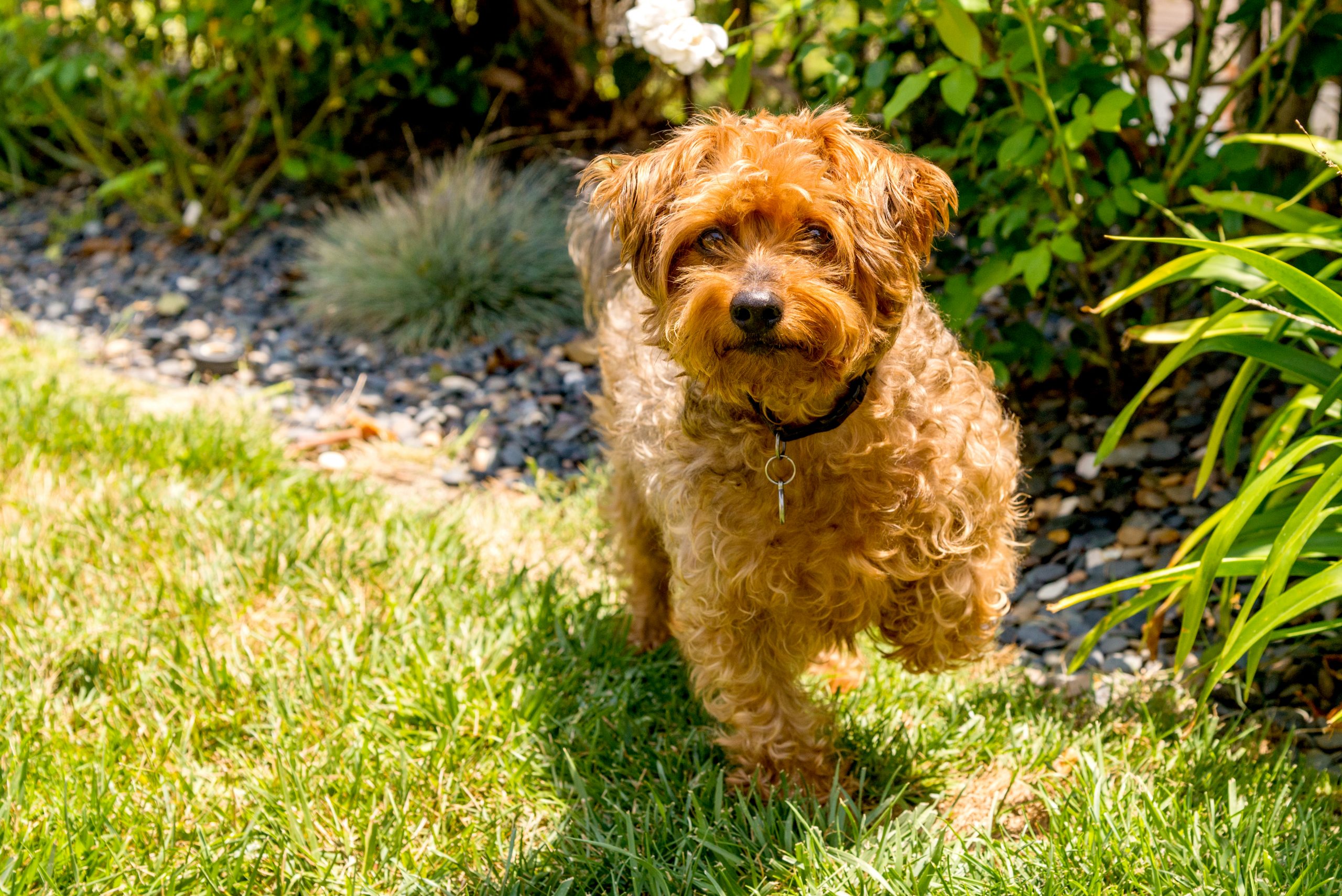
The Yorkiepoo emerged in the United States in the last few decades as part of the trend toward creating new hybrid breeds. They quickly gained popularity for their manageable size and delightful temperament.
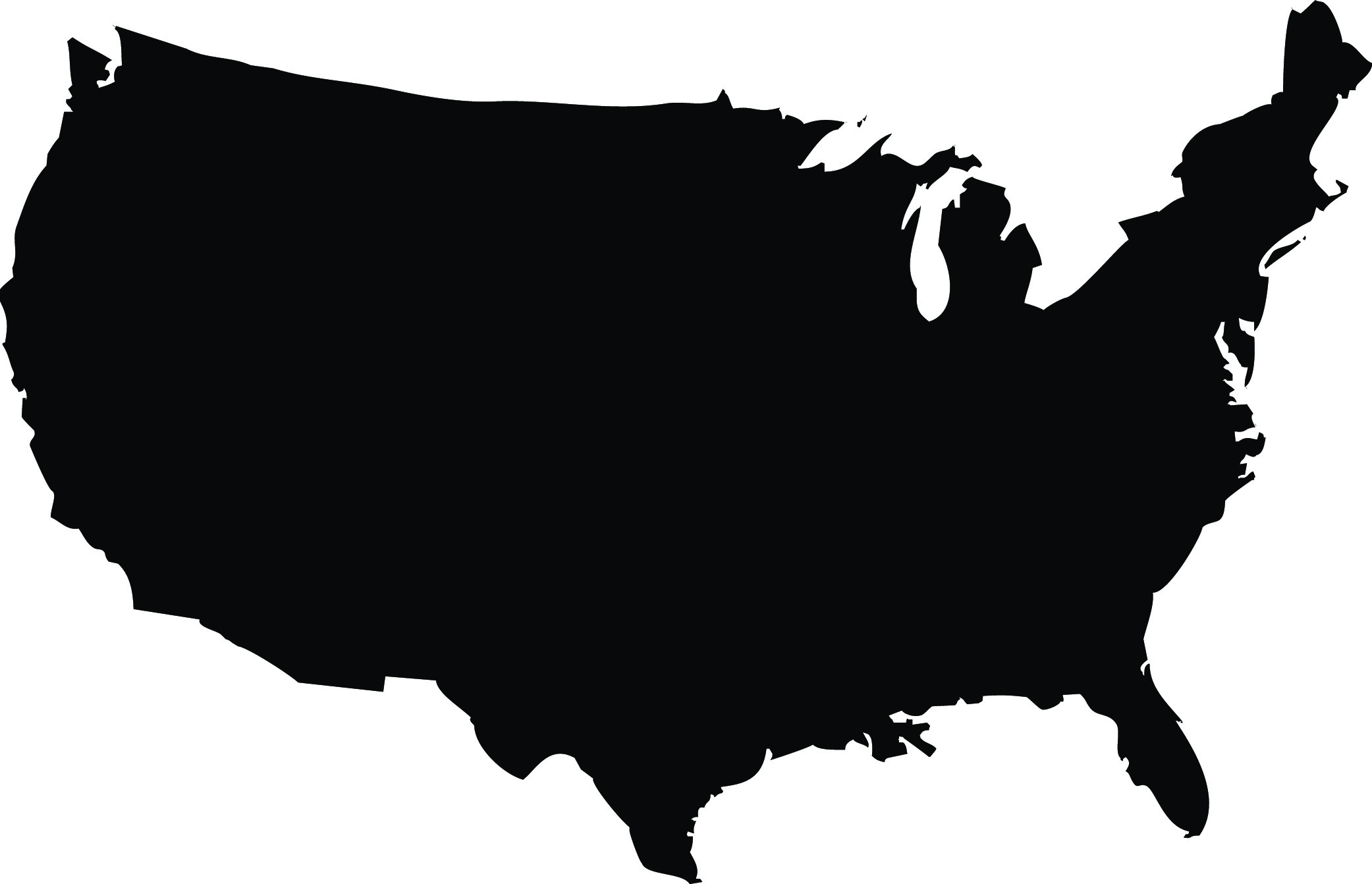
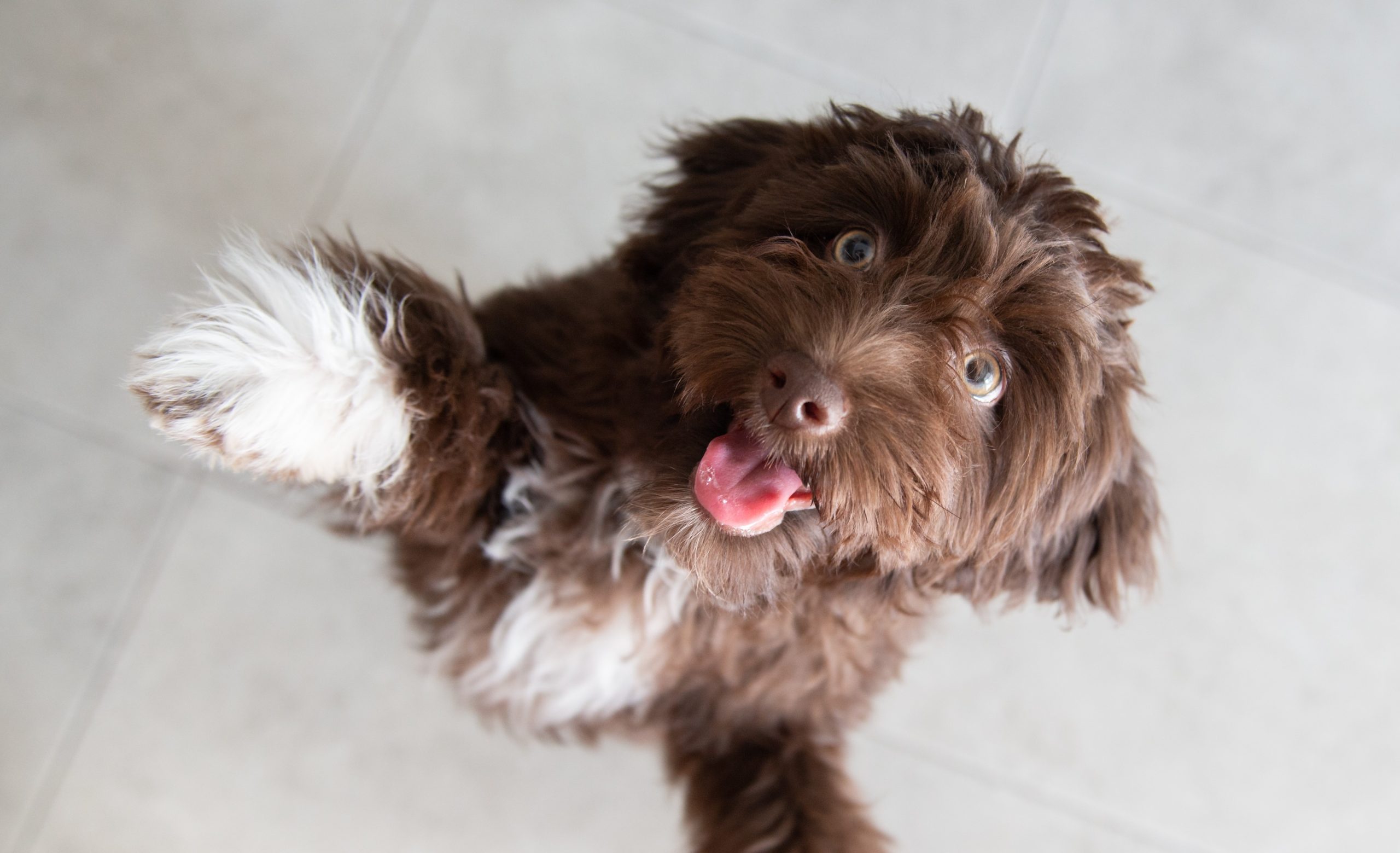
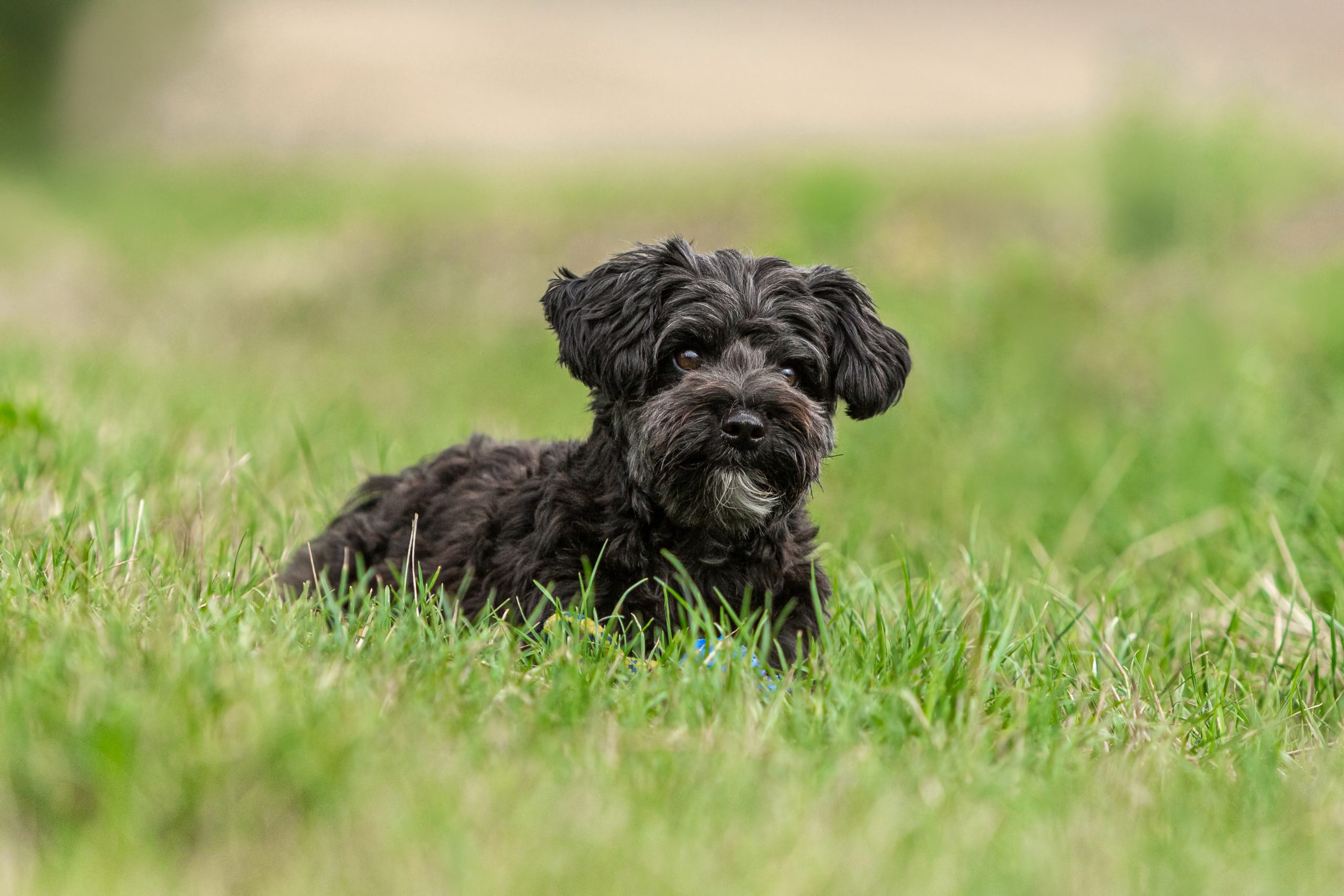
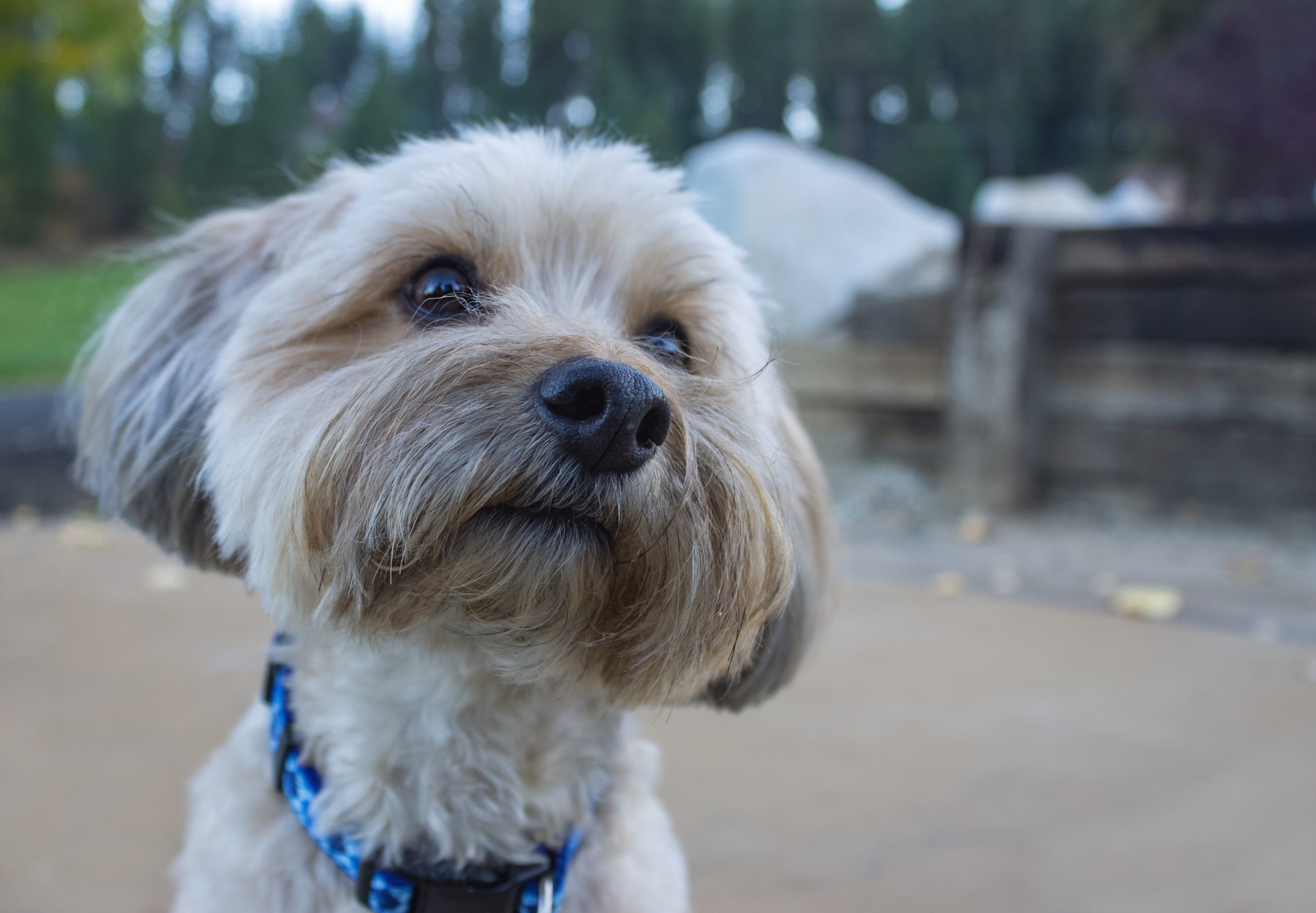
Yorkiepoos are generally healthy but can inherit some conditions from their parent breeds, such as dental issues and patellar luxation. Regular vet check-ups are important.
Their coat requires regular brushing to prevent tangles and matting, and they may need professional grooming to maintain a neat appearance.
Despite their small size, Yorkiepoos have a moderate energy level and enjoy walks, playtime, and mental stimulation through training and interactive toys.
They respond well to positive reinforcement techniques. Early socialization and training can help them develop into well-behaved adults.
A balanced diet suitable for small dog breeds, considering their activity level and health needs, is essential for their well-being.
The Yorkiepoo stands out as a versatile, intelligent, and affectionate companion. Whether you live in a spacious house or a cozy apartment, this breed can adapt to your lifestyle, bringing joy and companionship. With proper care, exercise, and love, a Yorkiepoo will be a cherished member of your family for years to come.
The Yorkiepoo, a cross between a Yorkshire Terrier and a Miniature or Toy Poodle, is generally healthy but can inherit some health issues from its parent breeds. Here are common health concerns and recommended tests for Yorkiepoos:
Regular veterinary check-ups are essential to maintaining the health of a Yorkiepoo. Early detection and management of these conditions can greatly improve their overall health and quality of life. A balanced diet, regular exercise, and good dental care are also crucial in preventing some of these health issues.
The iHeartDogs Free Rx Discount Card Program is a pet prescription discount card that can help you save money on your furry friend’s medications. The card is free to sign up for, and you can use it at participating pharmacies nationwide. To use the free program, simply show the card to your pharmacist when you pick up your pet’s prescription. The pharmacist will then scan the card, and you will receive a discount on the price of the medication.LEARN MORE
Caring for a Yorkiepoo, a cross between a Yorkshire Terrier and a Poodle, involves various expenses, much like any other small dog breed. Here’s a breakdown of the typical annual costs:
Total Estimated Annual Cost:
$1650 - $4700
It's important to note that these figures are estimates and can vary. Also, the first year of owning a dog can be more expensive due to one-time costs like spaying/neutering, initial vaccinations, and training. Regular budgeting for your dog's needs and an emergency fund for unforeseen costs are essential for responsible pet ownership.